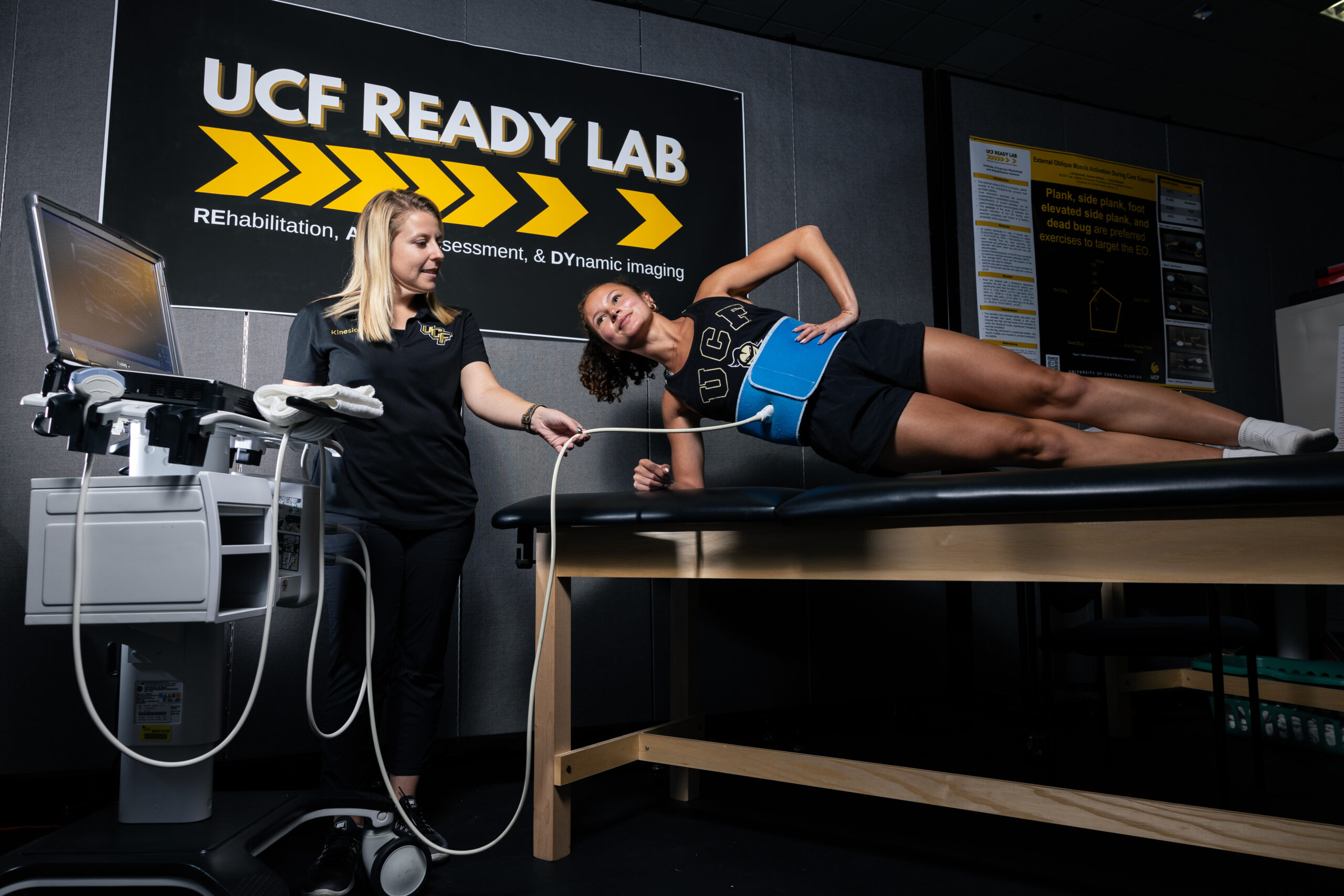Budget Prep
The budget must be directly related to the research project. Reviewers will look for a reasonable budget based on the needs of your research program. Typical budget categories include:
Personnel Costs
List all personnel at UCF (do not include personnel at other institutions or consultants), including the PI, co-PIs, technical staff, post-doctoral fellows, research assistants, OPS staff and graduate and undergraduate students. Identify each person and the position they will hold within the project, as well as:
Level of effort [% effort or man months (either calendar or academic months)]
Base salary
Salary requested based on level of effort
Salary rates must be calculated based on actual salaries � salary increases cannot be given solely because work will be done on a sponsored project. Summer salary may not exceed one-third of the academic year base for three months of work (the National Science Foundation limits summer support to 2 months). Cost of living increases should be calculated at a rate not to exceed 3% for each year after the first budget year.
Salaries for students should be consistent with those paid to other students within UCF and/or the College/Department. Tuition remission should also be included for all graduate students included in the budget. See the Other Direct Costs section below.


Administrative Support
Administrative or clerical service costs are included in the Facilities and Administrative Rate (F&A Rate/indirect costs) and therefore are not allowable direct cost unless the following conditions are met.
- The Administrative and Clerical services are integral to the sponsored project.
- Individuals involved can be specifically identified with the sponsored project.
- The administrative and clerical costs are explicitly included in the sponsored award budget or have the prior written approval of the sponsor; and
- The costs are not also recovered as indirect costs.
Fringe Benefits
Fringe benefits for all personnel must be calculated for full- and part-time employees as a percentage of the employee’s salary:
Composite Fringe Benefit Rate – NEW – Effective July 1, 2024
For additional information related to Composite Fringe Benefit Rate Memo


Consultants
The use of paid consultants may be justified when the project calls for expertise of a highly defined nature for a fixed period of time and only for tasks where on-campus expertise does not exist.
Federal regulations preclude the use of consultants who are employed by the federal government in any capacity. If you use faculty from other universities as consultants, the guidelines of their home institutions apply [it may be more appropriate to have the other university act in the capacity of a subcontractor (see below for details)].
Consultant fees are based on an hourly or daily rate.
Example:
Evaluation Consultant: Dr. John Smith � 20 days @ $200/day = $4,000
Travel costs for consultants may also be needed and can include:
- Airfare
- Mileage
- Lodging
- Per Diem
A letter signed by each consultant and containing the following information must be included with your proposal:
- Services to be provided
- Rate per hour or day
- Travel costs
- Period of performance
Travel
Travel expenses for conferences, workshops, site visits or other travel necessary to carry out the project are generally allowable direct costs. Travel costs include:
- Airfare
- Lodging
- Ground Transportation
- Per Diem
- Registration Fees
International travel may need prior approval by the sponsor. Foreign Travel Rates.
The use of a US flag carrier is required on federally sponsored awards.
International travel to countries under U.S. sanctions, embargoes or U.S. Department of State travel warning may have restrictions, particularly if technological equipment is being exported. Export Control and International Travel.
Travel for consultants may also be included in this budget category if they are not included under the Consultant budget category.


Materials & Supplies
Supplies are defined as expendable materials, supplies, and fabricated parts necessary to carry out a sponsored award with a unit price of less than $5,000 (State of Florida capitalization threshold). Itemize all supply items
General purpose office supplies are not allowable unless the following conditions are met:
- The administrative supplies are integral to the performance of the sponsored project;
- The administrative supplies are explicitly included in the sponsored award budget or have the prior written approval of the sponsor; and
- The costs are not also recovered as indirect costs.
IIDCIIDCUCF employees may not be included in this sectionPublication Costs
Include publication costs if the dissemination plan includes the publication of research results in professional journals that have page charges.
Equipment/OCO (other capital outlay)
UCF defines equipment as nonexpendable, tangible items with a shelf life of more than one year and that cost over $5,000, either as a single item or as a unit.
Documented price quotes need to be provided with your proposal.
Subawards
Subawardees perform a portion of the programmatic effort of a project and the inclusion of subawardees requires prior approval by the sponsor. Subawards are typically organizations, not individuals (individuals are “consultants” – see above). Items required with your proposal include:
- Subcontractor scope of work
- Subcontractor budget & budget justification
- Complete and signed Subrecipient Commitment Form or Subaward Letter of Intent
- Subaward Predetermination Form
Participant Support Costs / Training
Specific projects may include costs identified solely for trainees or program participants. UCF employees may not be included in this section. These costs may include:
- Fees
- Trainee stipends
- Trainee Travel
- Other trainee costs, including subsistence
Other Direct Costs
Other direct costs not mentioned above include:
- Computer Services
- Tuition Support *
- Service Center Fees
*These costs can be included if they are integral to the sponsored project, they are explicitly included in the sponsored award budget or prior written approval of the sponsor has been obtained.
Indirect Costs (IDC)
Indirect Costs (IDC) costs are costs incurred for common or joint objectives and therefore cannot be identified readily and specifically with a particular sponsored project, an industrial activity, or any other institutional activity. IDC costs are also referred to as indirect costs or overhead.
IDC costs are real costs that the University incurs during the performance of research and the inclusion of IDC costs in the budget provides a means for the University to be reimbursed for those costs. There are separate rates for on- and off-campus organized research, instruction and other sponsored activities.
The Office of Research is the only office authorized to negotiate adjustments to the IDC rates for any proposal.
UCF F&A Rate Agreement (Effective June 20, 2023)
Composite Fringe Benefit Rate (Effective June 27, 2024)
A request to deviate from UCF’s federally negotiated rate per our IDC Rate Agreement may be requested for consideration if a proposed project falls within eligible categories. A 10% rate reduced rate will be assessed if the request is approved and will be applied to the administrative cost of the project.
Total Project Costs
Add the direct and IDC cost figures together to derive the total project cost. This is the final budget figure. All budget calculations should be rounded to the nearest dollar. Do not include cents in any line item or total.